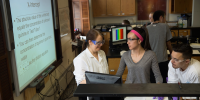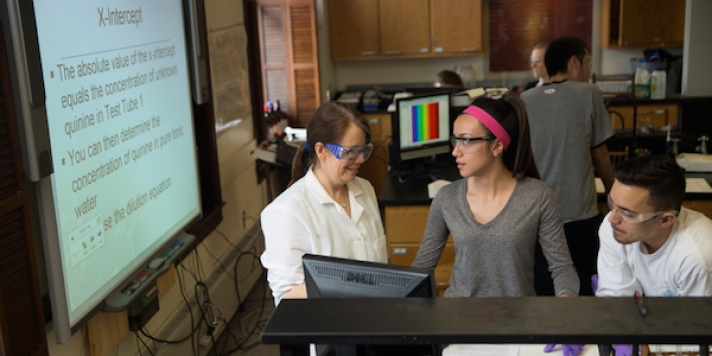
Advances in biotechnology are revolutionizing our lives but, as with many scientific breakthroughs, controversy about their application soon follows. Mechanistic details that underpin several biotech techniques such as cloning, gene splicing, gene knockout, the creation of transgenic organisms and stem cell manipulation are presented in this course. Students also will consider, in reasonable depth, critical ethical and moral implications of these approaches that have the ability to anatomically or genetically modify an organism. A general understanding of prokaryotic and eukaryotic gene expression is recommended when considering entry into this course. Learn about our academic programs.
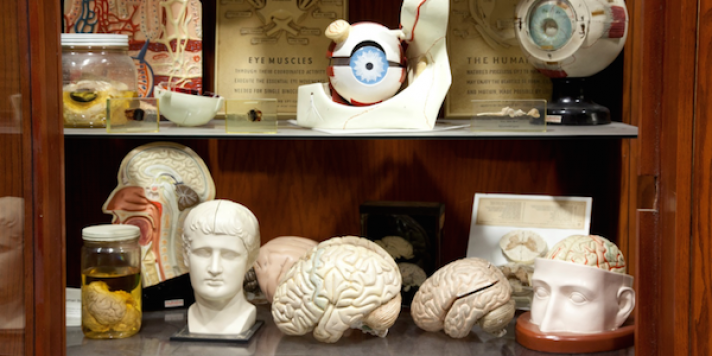
Introduction to Forensic Science is a part-lecture, part-lab course. The lecture portion of the course introduces basic chemical principles and their application to the collection, preservation and analysis of physical evidence. The course provides an overview of crime science investigation, physical and biological evidence and courtroom procedures. Learn about our academic programs.
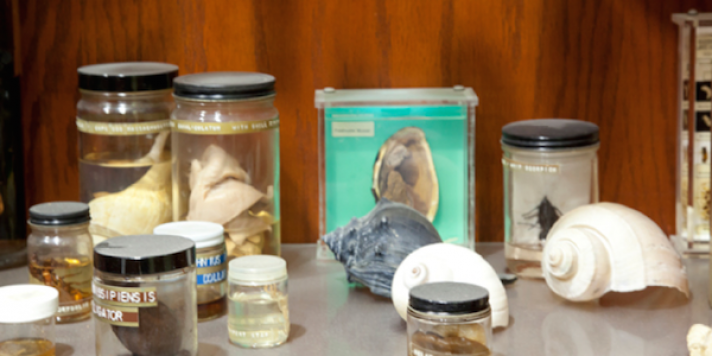
Biological and Medical Ethics focuses on two major areas: Ethical Theory and Applied Ethics. The Ethical Theory portion of the course will cover: (A) utilitarianism (or, more generally consequentialism), (B) Kant’s ethical theory (or, more generally, deontology) and (C) Aristotle’s ethical theory (or, more generally, virtue ethics). The Applied Ethics portion of the course will follow topics such as Ethical Problems of Death and Dying; Abortion and Maternal-Fetal Conflict; New Methods of Reproduction (IVF, cloning); The Ethics of Transplants; The Ethics of Testing and Screening; The Ethics of Biomedical Research (Scientific Integrity, IRBs and Informed Consent, Conflict of Interest, Animal Experimentation, Human Stem Cells, Fetal Research and Gene Therapy) Core: Ethics requirement. Learn more about our academic programs.
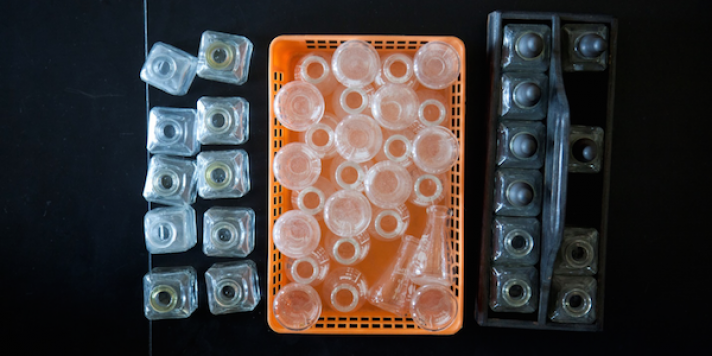
Terrestrial Ecology Lab studies the structure and function of prokaryotic and eukaryotic microorganisms with respect to metabolism, growth and development, and genetics. Learn about our academic programs.

Forensic Pathology is designed to present the basic concepts in forensic pathology as it relates to crime scene investigations. Topics will include medico-legal processes, cause of death, homicide, drug overdoses, unexpected or accidental deaths, natural deaths, deaths from poison, motor vehicle deaths, asphyxia, fire deaths and child deaths. Additional material that discusses the involvement of environmental factors (temperature, insects and post-mortem processes) will also be discussed as they relate to crime scene investigations. Students also will have the opportunity to investigate pathological tissue slides with the microscope and gross pathological specimens from mock crime scene investigations and will learn to diagnose, determine cause of death and evaluate other types of biological evidence. Learn about our academic programs.

Nutrition is an overview of the science of nutrition and its relationship to health and will be taught with an emphasis on the functions of nutrients in the human organism, nutrient needs at various stages of life and the effect of nutrient inadequacies and excesses on health. Other related issues such as contemporary controversies in diet plans; American trends in food consumption; the effects of famine physically, economically and socially; developing self-sustaining agricultural programs to feed people in underdeveloped countries; meal programs; and providing meals to low-income families in the United States also will be addressed. Learn about our academic programs.
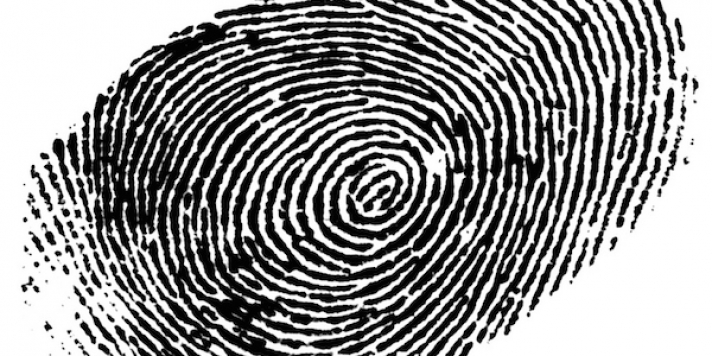
Intro to Forensic Science Lab Credits investigates techniques used to analyze forensic and crime scene evidence, including fingerprinting, DNA analysis and blood sampling, among others. Learn about academic programs.
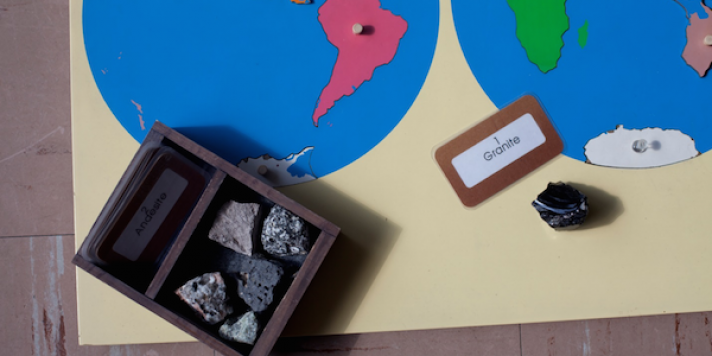
Environmental Chemistry studies the fundamental chemistry of major environmental concerns including global warming. Students learn why certain gases contribute to global warming while others have no effect. Learn about our academic programs.



